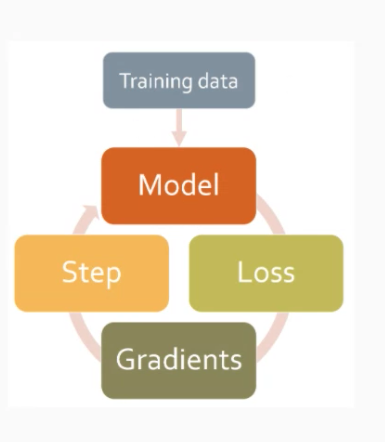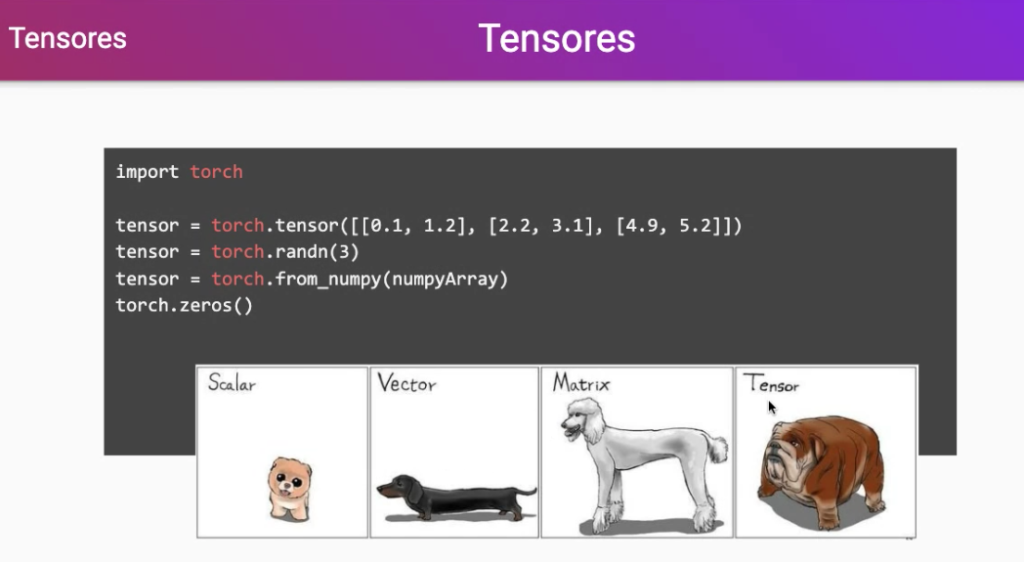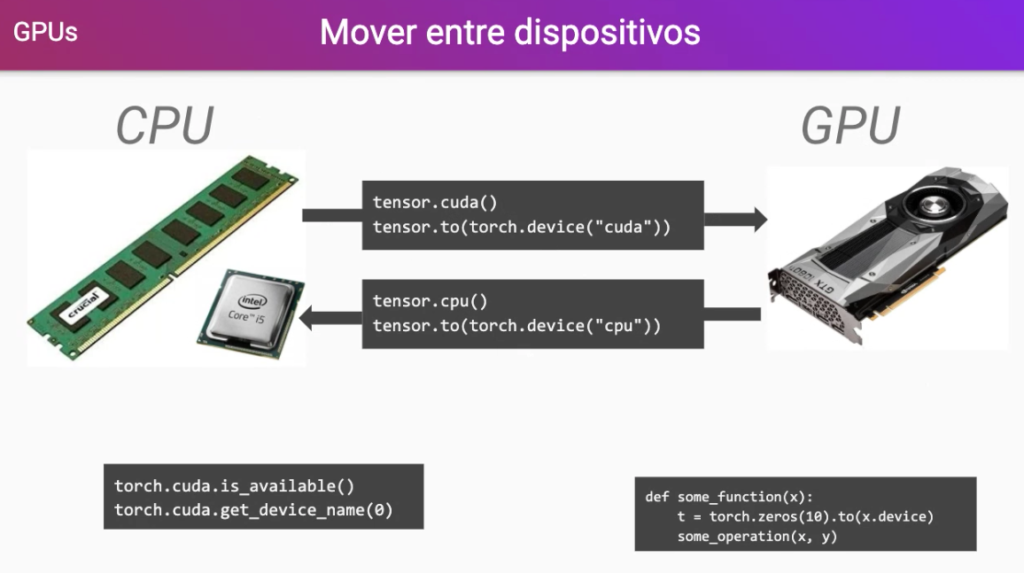Sender Dovchin (2020) The psychological damages of linguistic racism and international students in Australia, International Journal of Bilingual Education and Bilingualism, DOI: 10.1080/13670050.2020.1759504
Some extracts from this paper
The concept of ‘linguistic racism’ in this study refers to the violation of one’ s fundamental human rights based on how one speaks certain languages and how one’s entitlements are denied and discriminated against in both institutional and non-institutional settings due to how one speaks English and other additional languages (Dovchin 2019a, 2019b).
Following relevant concepts such as ‘linguicism’ (Skutnabb-Kangas 2015, 2016), ‘raciolinguistics’ (Alim, Rickford, and Ball 2016), and ‘raciolinguistic ideologies’ (Flores and Rosa 2015), the concept of ‘linguistic racism’ focuses on the central role that language plays in the enduring relevance of race/racism, institutional/ interpersonal discrimination in the lives of people of colour, ethnic minorities, international students and Indigenous people, who experience linguistic disparity as an everyday lived reality.
The main ethos of the concept of ‘linguistic racism’ seeks to understand what it means to speak as a racialized subject in the dominant societies, following Skutnabb-Kangas’s idea of ‘linguicism’ (2016, 583); ‘the ideologies, structures, and practices that are used to legitimate, effectuate, and reproduce an unequal division of power and resources between groups defined on the basis of language.’
The essential point is, thus, to recognize, following Rosa (2016, 163), racialized ideologies of certain language practices that may define what is (il)legitimate language in terms of racial and ethnic groups whose linguistic practices are stereotypically understood to correspond to standardized written text. What might appear as perceptions of ‘particular non-standardized language practices’ may, in fact, ‘racialize populations by framing them as incapable of producing any legitimate language’ (Rosa 2016, 163).
The concept of ‘linguistic racism’ is further developed in this study by adding two new dimensions – (1) ‘ethnic accent bullying’; (2) ‘linguistic stereotyping.’ First, ‘ethnic accent bullying’ refers to bullying towards English as second/foreign language speakers based on their biographical English accent – the accent connected with one’s sociolinguistic histories and biographies (Blommaert 2009; Dovchin 2019b). ‘Ethnic accent bullying’ is a form of ‘ethnic bullying’ (McKenney et al. 2006) – direct and indirect forms of bullying such as ‘racial taunts and slurs, derogatory references to culturally – specific customs, foods, and costumes,’ (McKenney et al. 2006, 242), mockery or making of fun of one’s heritage languages or accents (Scherr and Larson 2009, 226), as well as indirect or passive forms of aggression, such as ‘exclusion from a mainstream group of peers.’ (McKenney et al. 2006, 242).
‘Ethnic accent’ may also be referred to as, according to Creese and Kambere (2003, 566), ‘extra-local accent,’ ‘foreign’ or ‘immigrant’s accent,’ which signify more than hegemonic local English accents (‘Canadian,’ ‘American,’ ‘British,’ ‘Australian’ etc.), mainly embodied by racialized subjects. An ‘ethnic accent’ may shape perceptions of one’s English competency, which does not seem to elicit the same treatment as British, Australian, American, Canadian (and so on) English accents. Standard English accents and dialects, according to De Klerk and Bosch (1995, 18), often ‘connote high Status and competence’ and native speakers of English are often ‘warmly regarded, and people are predisposed to think highly of them.’ As Munro, Derwing, and Sato (2006, 71) note, ‘individuals with a foreign accent may be perceived negatively because of the stereotypes or prejudices that accent can evoke in a listener.’ Studies have hinted that the native speakers of English tend to judge ethnic accents as less prestigious than native accents (Munro, Derwing, and Sato 2006). ‘Ethnic accent,’ thus, may postulate disentitlement and inequality of its speakers in full participation in civil society (Creese and Kambere 2003, 566). The speaker with an ‘ethnic accent’ becomes what he or she speaks, and speaking it transforms him or her into what is suggested by their accent. In particular, Asian accents such as Indian, Chinese, Korean, Japanese (and so forth) accents seem to be inherently located in the hazard zone of global English accents (Blommaert 2009), often exposed to linguistic shaming such as ‘peripheral speakers as incomprehensible or as ridiculous impostors’ (Piller 2016, 197), and bullied in the popular discourse of mockery and travesty aggravated by the prejudice of people towards non-native speakers of English (Hanish and Guerra 2000). Consequently, many English speakers with immigrant backgrounds invest a lot of effort into ‘purifying’ their ethnic English accent, as Blommaert (2009, 253) notes, ‘[…] at the core of this process of purification, we see an image of the regimented, subject, someone who can face the challenges of postmodern, globalized existence provided he/she submits to the process of purification and, consequently, sacrifices his/her individual agency in a quest for uniformity and homogeneity.’ (cf. Dovchin 2017).
Second, the conception of ‘linguistic stereotyping’ expands on Piller’s (2016, 53) argument on stereotypes of English as second/foreign-language speakers, ‘[…] people who are not expected to speak a particular language (well) may be heard not to speak that language (well) irrespective of their actual proficiency.’ Language is never judged in separation from the speakers, as they face pre-fixed assumptions about his/her English fluency because of how they racially and ethnically look. The members of particular linguistic communities can be stereotyped about their voice, accent, intonation, paralinguistic signs, phonology, pronunciation, and lexicon, accompanied by evaluative connotations (De Klerk and Bosch 1995). These judgments and preconceptions have ‘a profound influence on our subconscious attitudes to languages and to Speakers of these languages’, and ‘they represent the dark side of the human abstraction process; they are often inaccurate because they simplify what otherwise might have overwhelmingly diverse meaning and indirectly influence the perception and categorization of people.’ (De Klerk and Bosch 1995, 18). In particular, Asians are often stereotyped as having low proficiency in English (Blommaert 2009). Piller (2016, 53), for example, reminds us of a now-classic experiment conducted in the 1980s at a university in Florida, where researchers audio-recorded a lecture consisting of a native speaker of American English with a standard American-English accent. The lecture was later played to two different groups of undergraduate students, complemented by the picture of a Caucasian woman in one case and the picture of an Asian woman in the other. The students who viewed the Asian lecturer reported that they heard a ‘foreign,’ ‘non-native,’ ‘Asian’ accent, reduced comprehension, and low-level quality learning experience despite the absence of that auditory signal (Piller 2016, 53).
Meanwhile, international students, who become the victims of these two types of linguistic racism – ‘ethnic accent bullying’ and ‘linguistic stereotyping,’ are often deprived of living a meaningful full social life. Because these two types of linguistic racism appear to instil a perpetual sense of ‘inferiority complexes’ (Kenchappanavar 2012, 1) such as self-marginalization, self-vindication, loss of social belonging, social withdrawal – the psychological damages resulting from the homogeny of hegemonic English (Piller 2016). Learning and speaking English means ‘to become alive to one’s marginality in English and to a perpetual falling short of the imagined ideal of “perfect” homogeneous English.’ (Piller 2016, 203). Being an ideal English speaker also means purifying and refining their accents and linguistic repertoires, while feeling the inferiority complex that their English is ‘terrible,’ ‘nonstandard’ and ‘unaccepted’ (Dovchin 2019b). An inferiority complex is a kind of psychological obstacle that arises when ‘a person finds himself in a situation where his abilities and attitudes are denigrated or rejected by other people.’ (Kenchappanavar 2012, 1). Anything in the individual that is ‘below the average, that provokes unfavourable comment or gives him a feeling of impotency or ineptitude leads to inferiority complex.’




